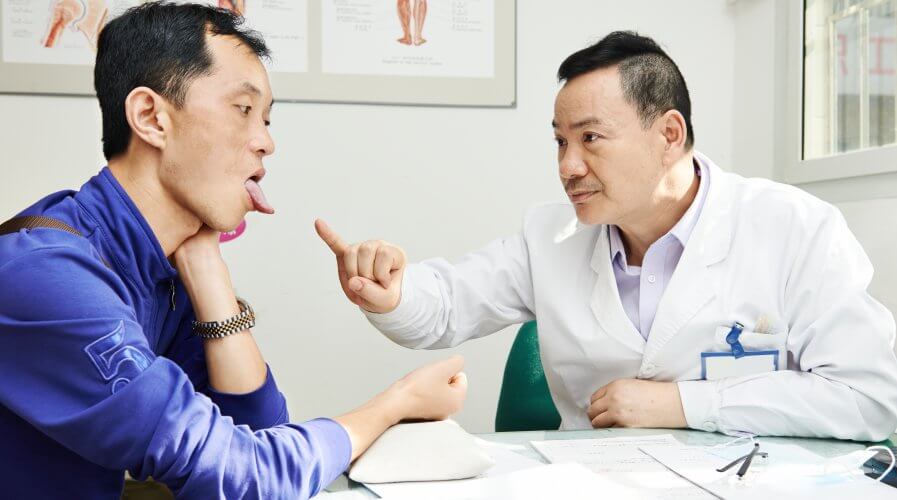
Can AI really beat Chinese doctors at diagnosis? Source: Shutterstock
Medical diagnosis AI in Beijing beats real doctors
HOW many times have we heard of doctors misdiagnosing patient? It’s why most people prefer to get a second and maybe even a third opinion about serious medical conditions.
However, with advancements in artificial intelligence (AI), can you imagine how amazing it would be if we could build and train algorithms that look for all the right markers, consider several hundred factors, and take into account all the possible permutations and combinations to deliver “perfect” or even “near perfect” results?
Well, news from China suggests that the technology just came to life.
According to The Star, an AI-powered system, dubbed BioMind by its creators at the AI Research Centre for Neurological Disorders and Capital Medical University, has defeated elite physicians in two rounds of a medical competition in Beijing.
BioMind went toe-to-toe with real doctors to diagnose brain tumors and predict the expansion of brain hematomas or bruises. The result? BioMind – 2, doctors – 0.
Based on figures released to media, BioMind made correct diagnoses in 87 percent of 225 cases in about 15 minutes.
A team of 15 doctors from top hospitals across China achieved 66 percent accuracy in 30 minutes.
BioMind also made accurate predictions in 83 percent of brain hematoma expansion cases, outperforming physicians, by 20 percent (physicians achieved 63 percent accuracy).
“To train the AI, developers fed it tens of thousands of images of nervous system-related diseases that Tiantan Hospital has archived over the past 10 years, making it capable of diagnosing common neurological diseases with an accuracy rate of over 90 percent-comparable to that of a senior doctor,” Beijing Tiantan Hospital’s Executive Vice President Wang Yongjun told China Daily.
Researchers and scientists, however, and not shocked by the results. In fact, they expected it – and pointed out that this isn’t the first time AI has performed better than doctors at diagnosing reports and medical images.
“AI has already been used to help doctors read images, such as lung scans, for diagnoses at some Chinese hospitals. However, the use of AI is still at its infancy in the medical field, and the accuracy of diagnoses by AI still lags behind that of senior professionals in most cases at the moment,” explained Cheng Jingliang, a professor in radiology at First Affiliated Hospital of Zhengzhou University in Zhengzhou, Henan province.
READ MORE
- Strategies for Democratizing GenAI
- The criticality of endpoint management in cybersecurity and operations
- Ethical AI: The renewed importance of safeguarding data and customer privacy in Generative AI applications
- How Japan balances AI-driven opportunities with cybersecurity needs
- Deploying SASE: Benchmarking your approach


